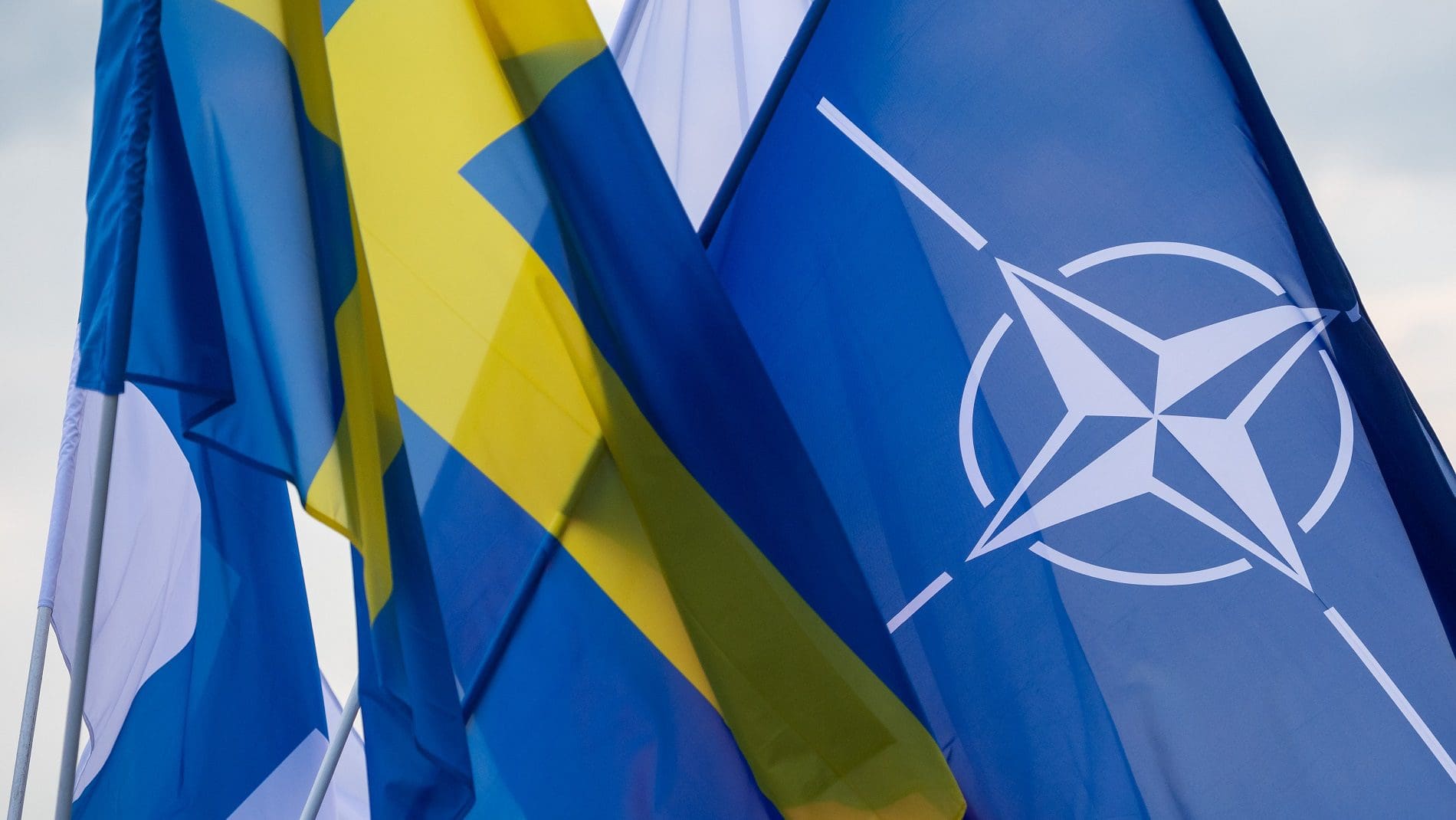On Monday, 18 September, the opposition-leaning news site Szabad Európa published an article in which they claim, referring to an anonymous ‘high-ranking government source’, that the Hungarian parliament is only willing to ratify Sweden’s NATO accession if either Swedish Prime Minister Ulf Kristersson or Swedish Minister of Foreign Affairs Tobias Billström visits Budapest in a sort of diplomatic ‘redemption tour’. The site’s source went on to claim that they find this very unlikely to happen.
Within hours, Fidesz MP Tamás Menczer came forth and denied those claims through the Hungarian news agency MTI, calling it ‘fake news’. With this development, one might assume that we could refer back to the early July statements made by Minister of Foreign Affairs Péter Szijjártó, according to which Hungary is willing to officially approve the Swedish accession bid once Turkey does so, which could happen as early as the autumn parliamentary session.
However, it appears there has been another bump in the road after all.
Minister Szijjártó has recently spoken about the issue again, this time claiming that it will be ‘difficult’ to have the National Assembly vote in favour of Sweden
in the wake of a new incident. He pointed out that UR, a Swedish educational broadcasting company operated by a state-run foundation, put out ‘educational’ material about the deterioration of the state of democracy in Hungary. This is not the first time Sweden’s NATO prospects have been hindered by a cumbersome incident. On multiple occasions, most recently in July, there have been public burnings of the Quaran in the capital city of Stockholm. Evidently, this hurt the relations with the Muslim-majority Turkey, the other holdout in the ratification process.
Since then, the recently reelected President Recep Tayyip Erdoğan of Turkey made a commitment to support the Swedish accession right before the NATO summit in Vilnius, Lithuania, so optimists were hoping the Turkish Parliament would follow through with that in their October session.
However, in not the most surprising turn, President Erdoğan shifted his tone in a closed-door meeting with journalists and analysts on Tuesday, 19 September in New York City, New York, now claiming that parliament just ‘isn’t ready’ to ratify the new NATO membership after all. He cited supposed ‘terrorists’ protesting on the streets of Stockholm as the reason for his legislative body’s hesitation.
NEXTA on Twitter: “❗️ Erdogan said that Sweden has still not fulfilled the promises made to Turkey to join NATO, and “the EU and Turkey may take different paths”In July, as #NATO Secretary General Jens Stoltenberg reported, Turkish President Recep Tayyip #Erdogan agreed to ratify Sweden’s… pic.twitter.com/4NwgAwDvON / Twitter”
❗️ Erdogan said that Sweden has still not fulfilled the promises made to Turkey to join NATO, and “the EU and Turkey may take different paths”In July, as #NATO Secretary General Jens Stoltenberg reported, Turkish President Recep Tayyip #Erdogan agreed to ratify Sweden’s… pic.twitter.com/4NwgAwDvON
Hungarian Government and President Novák Support Swedish NATO Bid, House Speaker Kövér Says
With the new statements from the Turkish president, Hungary’s position on Sweden joining the alliance may even seem like a moot point. It is still an intriguing issue, which seemingly created some friction within the long-governing Fidesz party as well.
Despite Foreign Minister Szijjártó voicing his concerns over the Swedish educational short about the state of Hungarian democracy, House Speaker László Kövér told the political magazine Mandiner in a recent interview that the Orbán administration and President Katalin Novák do support the Scandinavian country’s accession to NATO, otherwise the ratification vote would not be on the floor of the National Assembly. However, he and many Fidesz MPs have reservations of their own, he explained.
Speaker Kövér said that two historically neutral countries, Finland (which has already been admitted) and Sweden, joining the military alliance would have merited more debate in the member states that already ratified it; and pointed out that
when Hungary joined, it was approved by a referendum back in 1997, unlike in the two Nordic states.
He even went as far as saying that the Nordic expansion of NATO does not strengthen the alliance in his opinion, in fact, it weakens it, as it is expanding the ‘literal contact area’ between NATO and Russia, the aggressor in the biggest military conflict Europe has seen in decades. With these statements, he is most likely referring to the over 1,000 kilometres (over 800 miles) of shared border between Finland and Russia.
Related articles:








